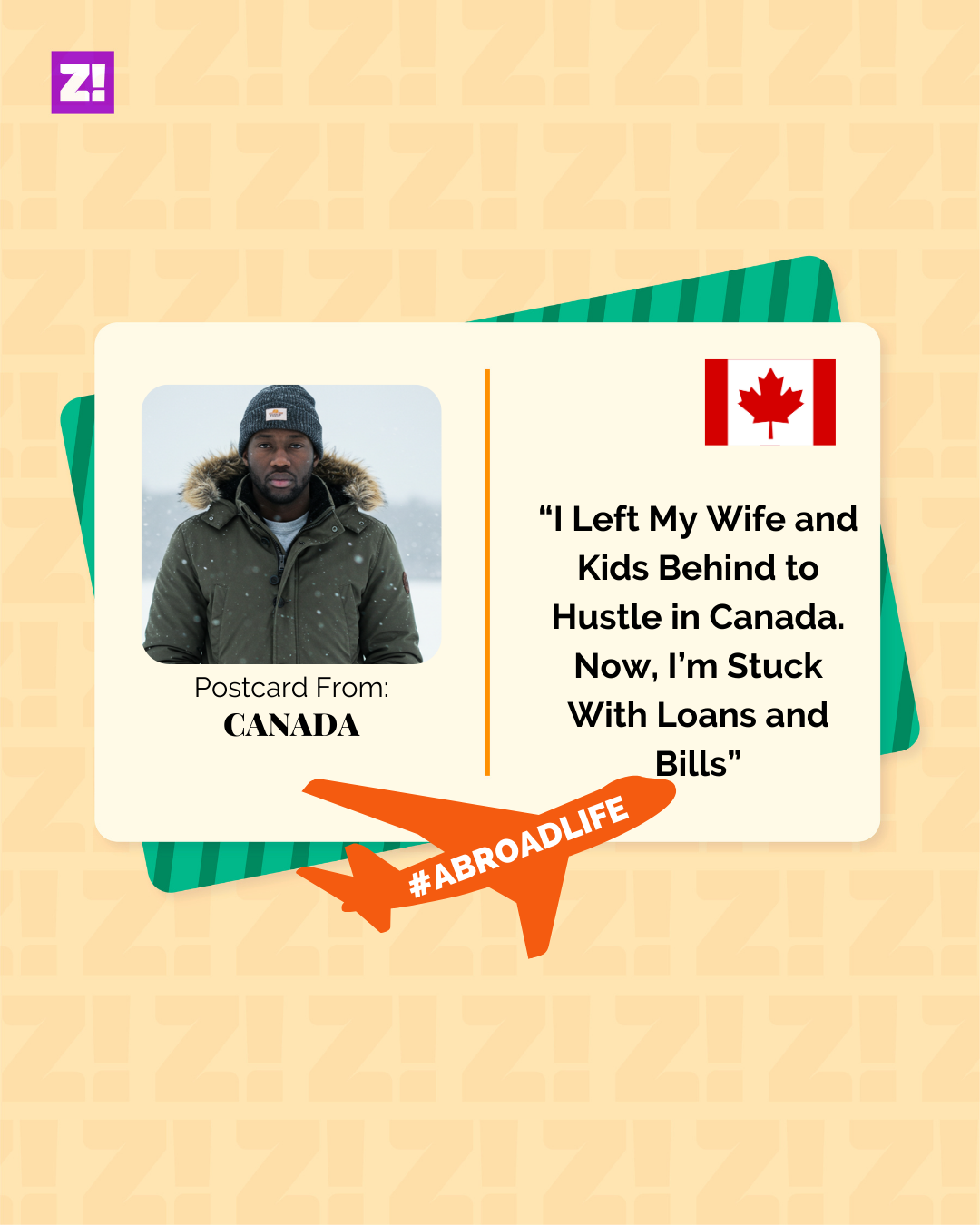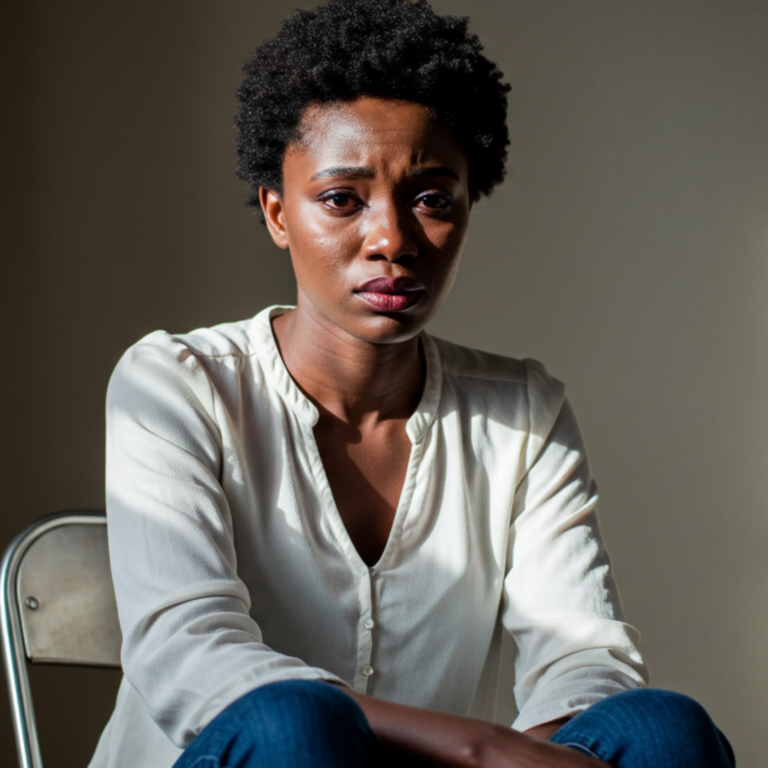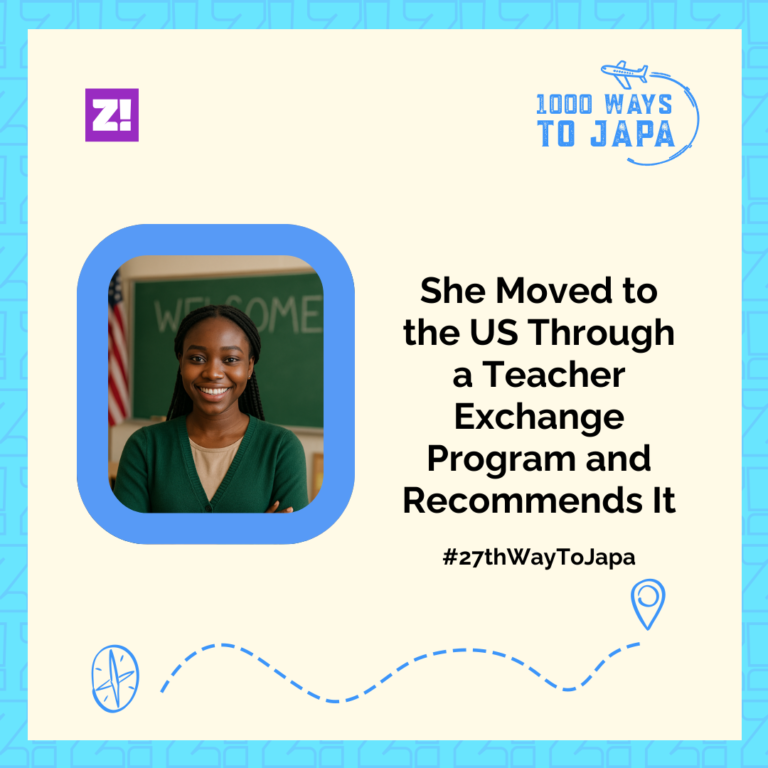The Nigerian experience is physical, emotional, and sometimes international. No one knows it better than our features on #TheAbroadLife, a series where we detail and explore Nigerian experiences while living abroad.
When Akin (55) witnessed three kidnappings in his estate, he knew he was no longer safe, and he made the life-changing decision to flee Nigeria with his family.
In this episode of Abroad Life, he shares how he abandoned everything to escape the country’s insecurity and found himself starting from scratch as a lower-class citizen in the UK.
Where do you currently live, and when did you relocate from Nigeria?
I live in the United Kingdom. I left Nigeria in September 2023.
Is there any reason you chose to leave the country?
I worked in Ghana for a few years before I left Nigeria permanently. My job also required me to travel across several African countries, so I only returned to Nigeria once every three months.
Ghana’s architecture is so different from Nigeria’s, so I couldn’t even ignore everything that wasn’t working in Nigeria.
Also, every time I returned to Nigeria, one thing bothered me—Nigeria’s loose security system. But it didn’t fully hit me until I moved back to Port Harcourt in 2022, where my family lived after my contract ended in Ghana.
Three months after I returned, my neighbour was kidnapped. The kidnappers asked for a huge ransom, which his wife paid, but they still killed him.
My landlord advised me to be extremely careful because there was a chance the kidnappers would have their eyes on me next, knowing that I’m a businessman who travels frequently. After I got that information, I told my wife we needed to leave. We were living in fear. It was so bad that we couldn’t leave the house after 6 PM.
I’m so sorry. How much did that experience change things for you?
Oh, it was terrible; I had to buy phones for my two children, even though they were five-year-olds. I needed to ensure my family was safe, even if I wasn’t around. There were days when I would call my wife and not hear back from her. I’d get so scared if I didn’t hear back from her or the children if I didn’t hear back from them after a few missed calls. Remember how I said the kidnappers killed that man? They also sent some of his body parts to his wife. The whole estate was traumatised.
But that wasn’t the end of the terror. The kidnappers kidnapped two more people in my estate. My landlord, who advised me to be careful, got shot in the face during one of those attacks. Thankfully, he didn’t die, but he lost one eye.
That’s terrifying! At what point did you finally decide to leave for good?
I didn’t immediately consider a permanent relocation outside the country. I was successful and lived a better life than the average Nigerian. It wasn’t easy to leave all that behind and move to a new country. So we thought about moving to Lagos.
We decided to move to the UK after a former colleague told me he moved with his family through the student route. At that point, I had two master’s degrees and one PhD, but getting my family to safety was important. I had to downplay my certifications to get admission to the UK, but the school gave me great options. My wife was allowed to work full-time while I could work for 20 hours, so it was easy to move.
What was the relocation process like?
Smooth enough. As I mentioned earlier, I was a successful man, so we could afford to move quickly. At that point, I had a hard choice — buy another property or relocate. We chose relocation because my children’s future came first. But the problematic part didn’t start until we relocated.
What happened?
Before the move, I left $3,000 in my Nigerian account in case we needed emergency funds. The $3,000 finished just a month after we moved to the UK. The bills were unexpectedly high. You won’t believe it if I tell you how much we pay for rent here monthly. Even though I got a job in the UK a month after we got here, the bills still affected us. By our third month, I’d started asking myself if I made the right choice. I was sponsoring my kids to school, paying my tuition and other bills simultaneously. It got so frustrating that we wanted to move back to Nigeria until we decided to stay and push through.
How did your wife and kids handle the frustration?
It affected us badly. Do you know what it means for an elderly man and woman to shed tears? Thankfully, the country itself offers a certain degree of help. At some point, we couldn’t afford to buy foodstuff anymore, and we started relying on the government’s food bank. It probably wouldn’t have been frustrating if we had been poor in Nigeria, but we weren’t. We had people who encouraged us that things were going to get better. According to them, it was a normal phase most Nigerians navigated during their first three years here.
What does your life look like now?
I’ve finished my third master’s degree. After I finished, we had to decide if we wanted to apply for a postgraduate visa, which would have cost us about £15,000. We couldn’t afford it, so I informed the company where I was working that I had two options: apply for a skilled worker visa or return to Nigeria. They helped me process the skilled worker visa, and we got to stay in the UK. God gave us the victory we needed badly.
How are the kids adjusting these days?
We’re here because of them. They love their life here, and that’s the motivation behind the decisions we’re making now. It may not have been possible to fight for their future here if my wife and I didn’t have a solid love to fall back on.
I’m glad things are working out now. What’s the biggest difference between your life in the UK and your life in Nigeria?
It’s been a humbling experience so far, but food is cheap here. One crate of eggs costs £1.50, and the minimal income you earn is £11 per hour. Nigeria’s crime rate would be lower if food were cheap. It’s not exactly a system I miss.
What about your properties?
To be honest, I just wanted to leave Nigeria. I had a brother whose rent was about to expire, so I asked him to move into my property. It was well-equipped and solar-powered, but I didn’t care about the money. I just wanted someone to occupy it. I was living in too much fear, and I didn’t want my family to remain there.
On a scale of 1-10, how happy are you in the UK?
I can’t exactly put a number on it, but I won’t be returning to Nigeria. My kids are happy, and they don’t want to leave. Nobody should move to the UK without proper planning because the frustration that comes with it can be humbling. Even your relatives cannot help you here because the bills are everywhere. So before you make that move, consider that factor.
Do you want to share your Abroad Life story? Please reach out to me here. For new episodes of Abroad Life, check in every Friday at 12 PM (WAT).




